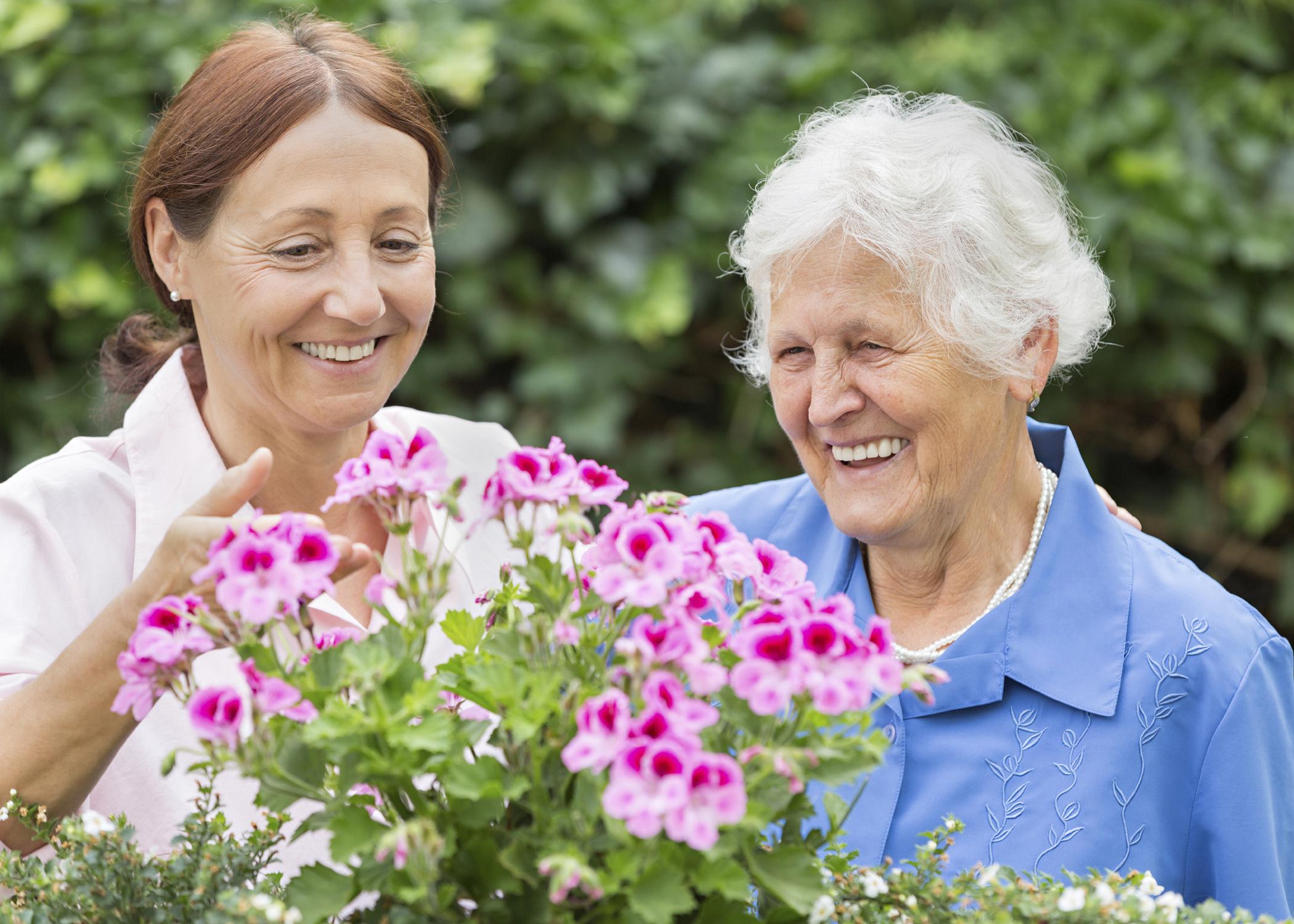Information Possibly Outdated
The information presented on this page was originally released on May 4, 2015. It may not be outdated, but please search our site for more current information. If you plan to quote or reference this information in a publication, please check with the Extension specialist or author before proceeding.
Know warning signs of depression in seniors
May is Older Americans Month …
STARKVILLE, Miss. -- Older Americans may become depressed as they face the many challenges aging brings, but spotting the signs and being proactive can limit the illness’s influence.
This responsibility starts with the ability of family members or caretakers to recognize early signs of depression in the seniors they know.
Romona Edge, Itawamba County coordinator for the Mississippi State University Extension Service, said not being afraid to ask questions is a good way to find out if loved ones may be suffering.
“Some signs of depression may be a change of appetite and sleep patterns, change in daily living activities and a lack of energy, motivation or interest,” Edge said. “The affected person might seem listless and have poor concentration or difficulty making decisions. They could experience guilt, irritability and even thoughts of hurting themselves or suicide.”
Joe Wilmoth, an associate professor in the MSU School of Human Sciences and researcher with the Mississippi Agricultural and Forestry Experiment Station, said a number of changes that older people often experience can trigger sadness. These include financial challenges, the death of loved ones and increasing physical limitations and loneliness.
“As we get older, we often have to deal with a variety of chronic diseases,” he said. “These can range from hearing loss, failing eyesight, joint problems, thyroid disorders and low testosterone levels to poor immune system responses, type 2 diabetes, heart problems and the onset of Alzheimer’s disease. Depression is also related to stress, a lack of exercise, inadequate sleep, alcohol consumption, medications and poor nutrition.”
Depression exists in many forms, but three main types are major depression, dysthymia and bipolar disorder. Major depression -- which can be mild, moderate or severe -- interferes with the ability to sleep, eat and enjoy leisurely activities, Wilmoth said.
“Major depression lasts at least two weeks and is identified by a combination of at least five symptoms such as persistent sadness, hopelessness, fatigue, sleep problems and difficulty concentrating,” he said.
Dysthymia, while less severe than major depression, involves long-term, chronic symptoms that keep somebody from feeling good or from functioning well but are not disabling. Bipolar disorder, also known as manic-depressive illness, is much rarer and noted for mood changes that cycle from extreme highs to severe lows. The illness requires lifelong treatment that includes medication and counseling.
Milder forms of depression often respond to building good physical and nutritional habits, Wilmoth said.
“Exercising, getting sunshine, playing with a pet and eating foods that provide healthy nutrients while staying away from caffeine, drugs and alcohol are all good ways to help alleviate depression and encourage positive thoughts,” he said. “Chronic depression can have physical roots, such as deficiencies in vitamin B-12 and folic acid.”
Edge said remedies can also be as simple as engaging in creative activities such as knitting or getting more involved in the community by volunteering.
“When my grandfather died, my grandmother was depressed and lonely,” she said. “It took several months of encouragement from me for her to start attending the local senior citizens group. After she started, she loved it and would not miss.”
Wilmoth said a professional such as a counselor, family doctor or geriatric physician should be consulted if symptoms do not subside or become more severe.
“When trying to help someone who shows symptoms of depression, be tactful,” Wilmoth said. “The older person may resent interventions and may interpret your suggestions as further evidence of decline. Depression almost always responds to a combination of ‘talk’ therapy and medication. Not everyone responds to medications in the same way, so it may be necessary for physicians to try different medicines.”
Visit http://bit.ly/1GKEbMz and http://mayocl.in/1loG2Jf for more information on how to help elderly Americans with symptoms of depression.




